Hispanic Heritage Month
National Hispanic Heritage Month (September 15-October 15) honors the cultures and contributions of both Hispanic and Latino Americans and celebrates heritages rooted in all Latin American countries and the culture here in the United States. The DSO asked members of our community – trumpet Elmer Churampi, Composer-in-Residence Angélica Negrón and Young Musicians Artistic Director Roberto Zambrano – to share elements of their culture and how it influences their creative lives.
Eduardo Mata (1942-1995) | DSO Conductor Emeritus
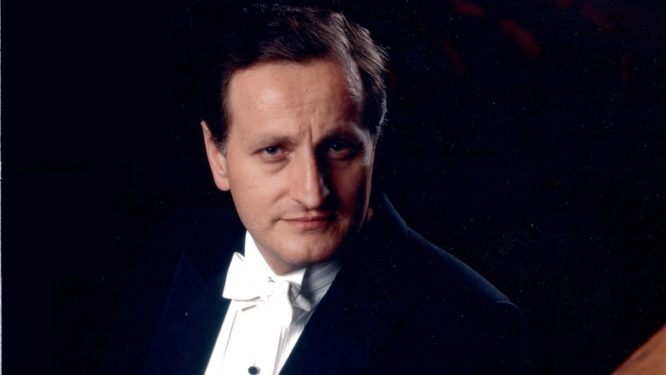
Any history of the Dallas Symphony Orchestra would be incomplete without a remembrance of Mexican-born conductor Eduardo Mata. Appointed Music Director of the DSO in 1977, Mata built the orchestra’s technical ability and reputation, taking it back to Carnegie Hall for the first time since 1965, and making two appearances at the Kennedy Center. He also successfully mounted international tours to Europe, Mexico City and Singapore.
Mata enjoyed the longest tenure of any music director of the Dallas Symphony Orchestra. His legacy includes 33 recordings with the Dallas Symphony, the foundation of the Dallas Symphony Chorus, construction of the Morton H. Meyerson Symphony Center and his championship of music by contemporary Mexican and South American composers.
Born in Mexico City in 1942, he began his professional conducting career at age 15. He studied composition at the National Conservatory of Music with Carlos Chavez and Julio Orbon and completed a residency at Tanglewood in 1964. Shortly thereafter, at age 22, Mata was appointed conductor of the Guadalajara Symphony Orchestra, a position he held until 1966. From 1966 to 1975, he was music director and conductor of the Orquestra Filarmonica of the National University of Mexico City, and in 1974, he was named principal conductor and musical advisor of the Phoenix Symphony Orchestra.
After 16 years in Dallas, Mata resigned in 1993 and was named Conductor Emeritus for Life in honor of his long and beneficial association with the orchestra. He returned to Mexico City, planning to conduct, teach and compose. Tragically, his plans were cut short when he died in a plane crash in 1995. At his death, Mata was recognized around the world for his passion, vision and brilliant musicianship.
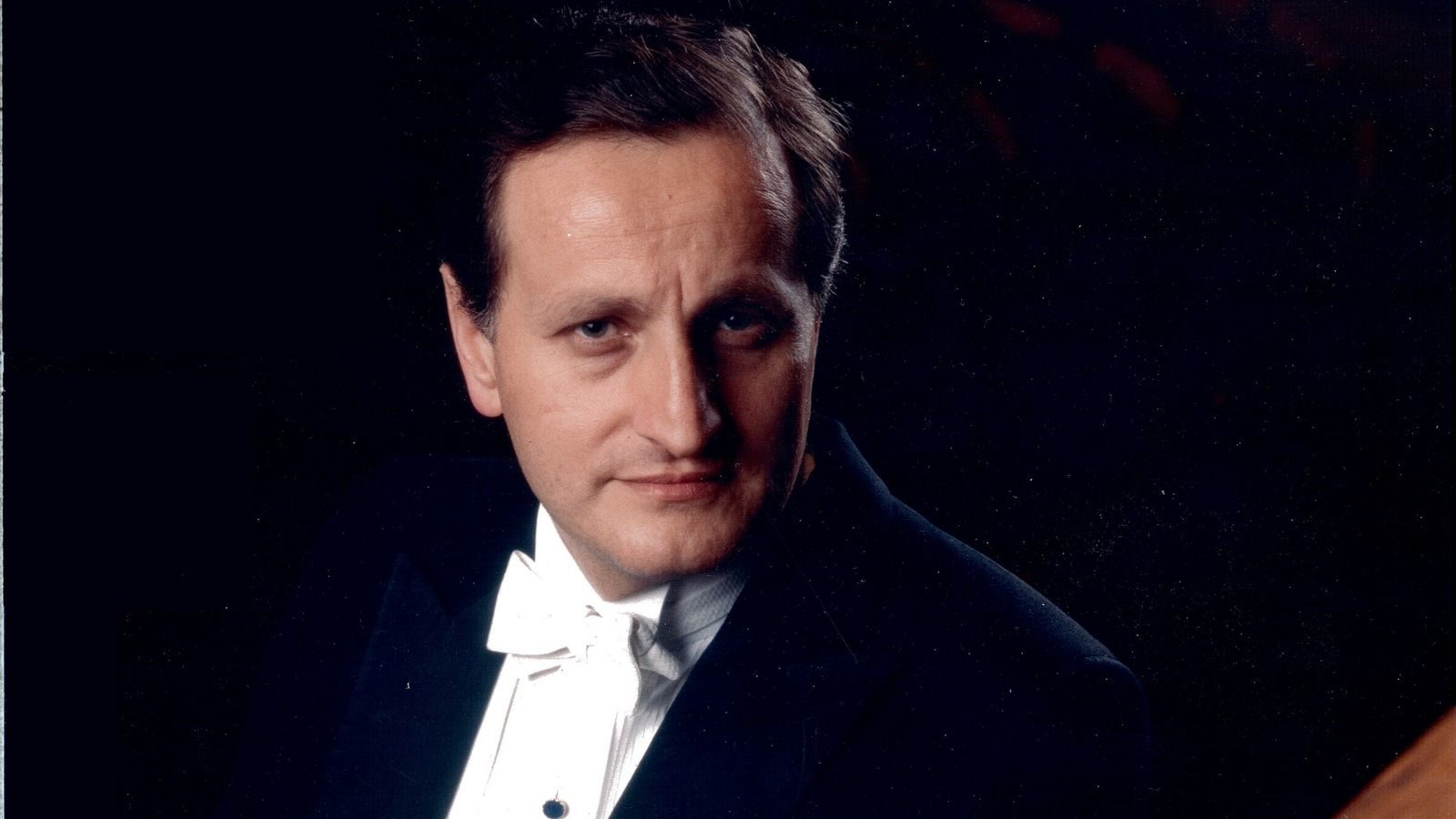
Angélica Negrón | Composer-in-Residence
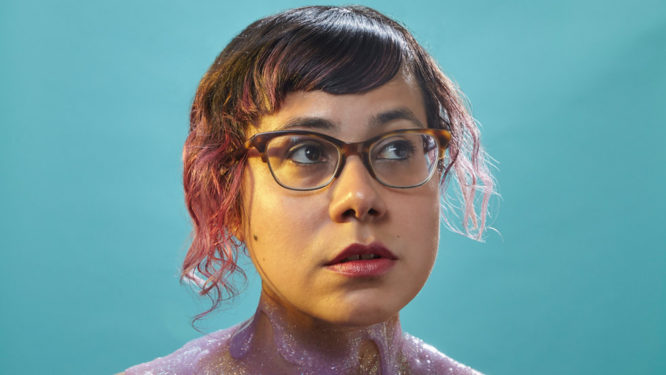
I was born in San Juan, Puerto Rico, and raised in Carolina, a small municipality located on the northeast coast of the island. Carolina is the epicenter of reggaetón and the birthplace of famous baseball player Roberto Clemente. Puerto Rico is a small island in the Caribbean Sea filled with beautiful luscious landscapes and rooted in an incredibly rich culture and deeply complex political reality.
I grew up around a very musical family & environment surrounded by Spanish pop ballads, salsa, merengue and reggaetón. Loud music blasting from car stereos were my daily soundscape, and the singing sounds of the coquí, a tiny tree frog native to Puerto Rico, were my nightly soundscape. The island has an abounding stream of cultural traditions like Afro-Caribbean bomba and plena as well as jíbaro music (mountain music).
It also has an incredibly dynamic and thriving community of young artists creating in many different disciplines including music, illustration, drag, comedy, dance, literature, film and theater, and many others. Amongst these some of my favorites are Y No Había Luz, a theater company with an interdisciplinary art focus using very inventive masks and puppets; La Borivogue, a space of practice that uses vogue as an instrument of liberation and social justice; Camp Tabonuco, an ecological education camp in Jayuya led by visual artists; illustrator/comedian Mariela Pabón (checkinMela) who creates hilarious and heartbreaking quotidian vignettes and horoscopes with a very particular Puerto Rican sense of irreverence and dark humor; and Plena Combativa, a political-feminist musical project that uses the Puerto Rican Plena as a tool for protest and fighting sexism in a traditionally male-dominated genre.
In my work, I often collaborate with some of these artists and I’m constantly inspired by them as well as by my upbringing in Puerto Rico and by my experience living in the diaspora for the past 15 years. I’m also deeply moved and energized by how Puerto Ricans constantly overcome adversity and always find many creative forms of resistance as well as with how they rebuild and continue to find joy and humor even through the most challenging circumstances.
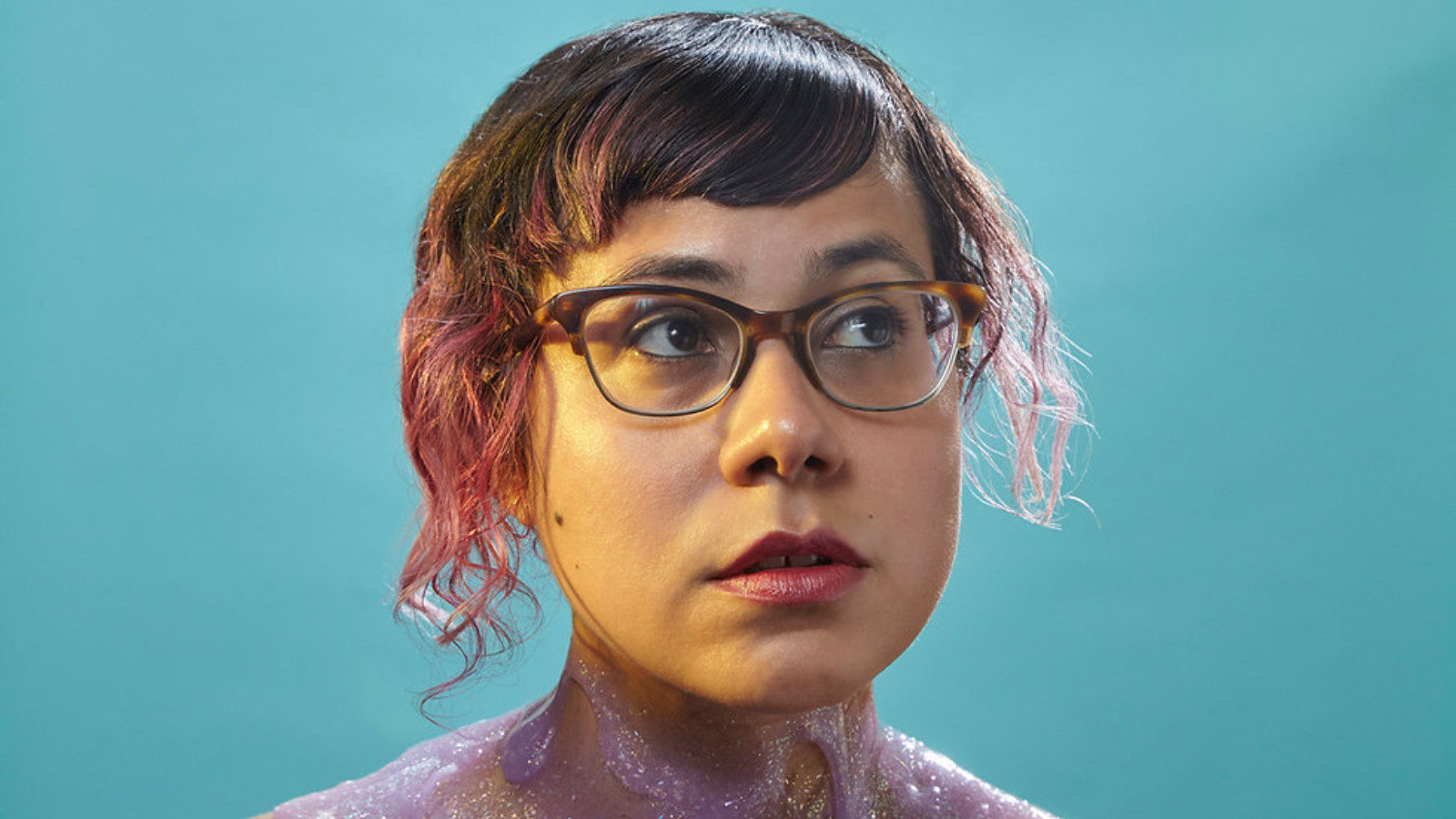
Elmer Churampi | Trumpet
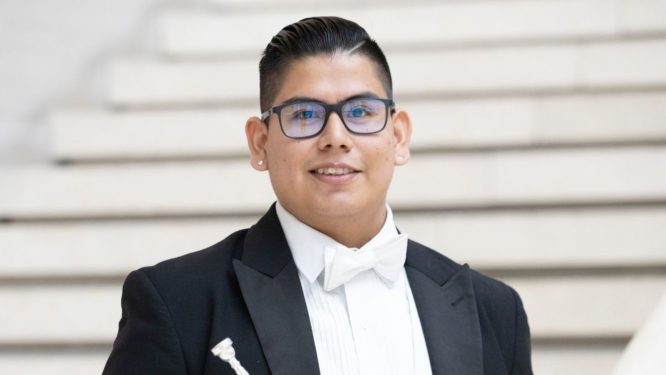
I’m originally from Lima, Peru. My father, Elmer Churampi, was born in Junín- Jauja (central part of Peru in the mountains), and my mother Dora Mucha was born on the coast of Peru in Lima.
Peruvian culture is a huge mix of races. I’m a mix of Inca and Black Peruvian culture. Each city in Peru has a great amount of culture from music to food.
My father’s side of the family is all musicians. They play Peruvian traditional music from the mountains. My father was my first trumpet teacher when I started playing at five years old. I listened to music every day because of my father. Even though it wasn’t classical music, I learned so much just by listening to my family play concerts or rehearse.
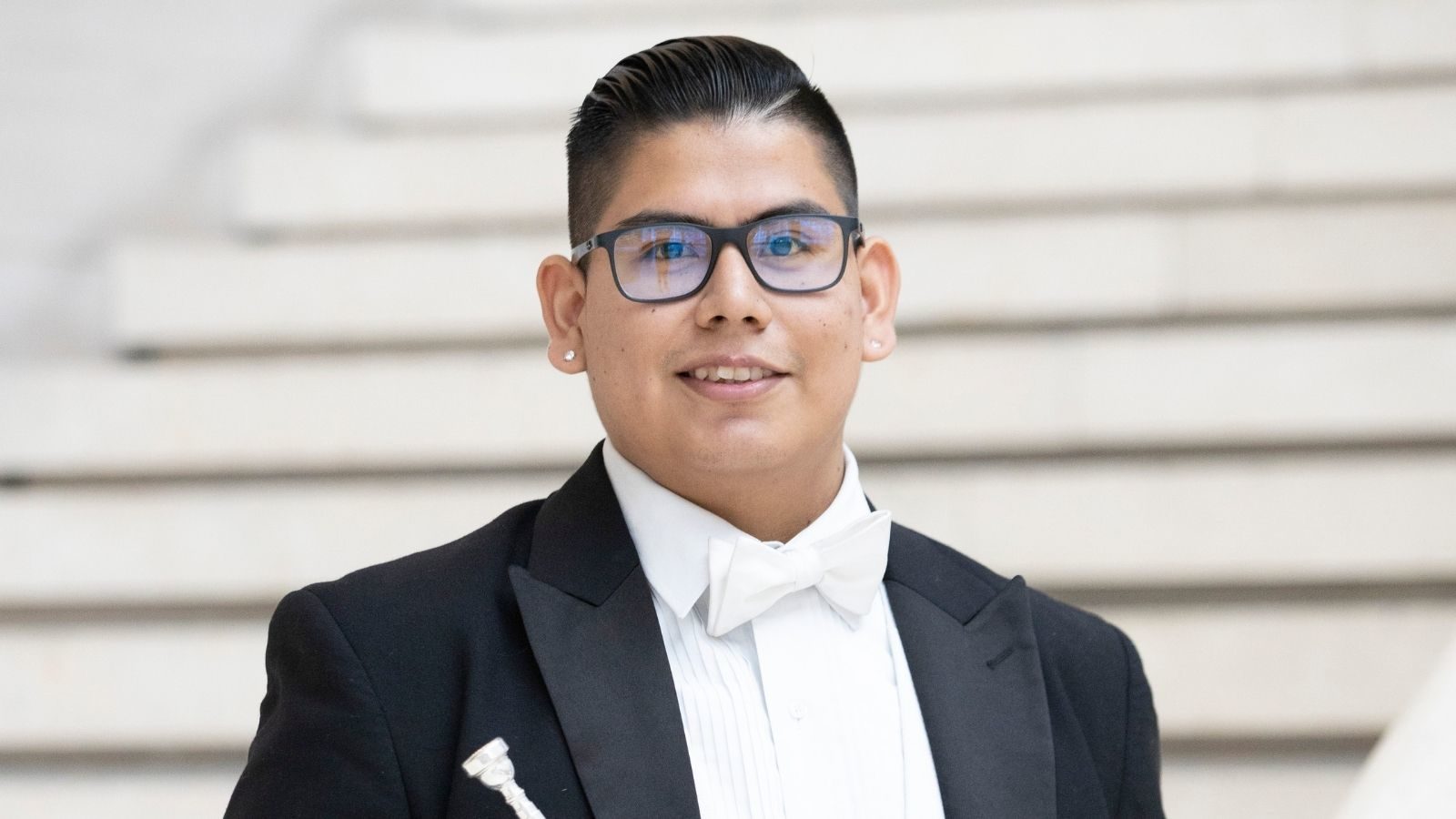
Roberto Zambrano | Artistic Director, Young Musicians
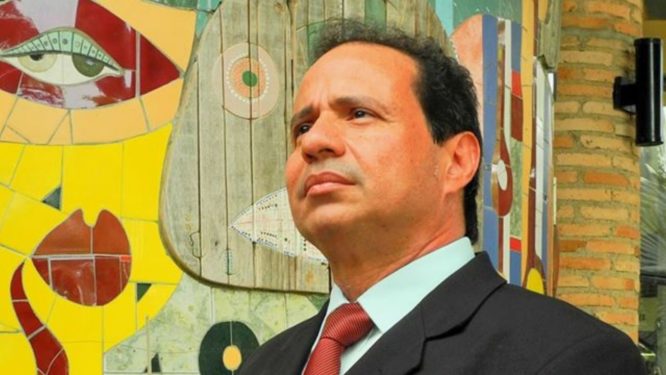
I was born in the city of Barquisimeto, Venezuela. I owe my love of music and training to my loving mother.
My childhood memories are of my hometown of Barquisimeto and the small town of Biscucuy in the Portuguese State. I spent my vacations at the foot of the mountains of the Venezuelan Andes. I think that contact with the countryside and nature enriched me. Mountains, rivers and the work of the field formed my character of loving work from a very young age. Barquisimeto did the same. It was a city of opportunities.
I joined the first generation of The System of Youth and Children’s Orchestras (El Sistema) in 1975. My brother took me to the first rehearsal of this new orchestra. That day, while listening to Beethoven’s Fifth Symphony, I fell in love with music. I asked my mother if she would support my career in music, and she immediately said yes.
What I would most like people to know about my culture and my country is what we have achieved with El Sistema. Since its inception, it has been able to give young people the opportunity to enter the world of music without any limitations. The Venezuelan people have integrated all races and social classes through music. I credit Maestro José Antonio Abreu, founder of this program, my guide and friend, who gave us the chances to grow and make history through music in Venezuela and the world. My country gave me many opportunities, for which I am grateful. It is for that and many other reasons that I always carry the motto of El Sistema that says: TOCAR Y LUCHAR (To Play and To Fight).
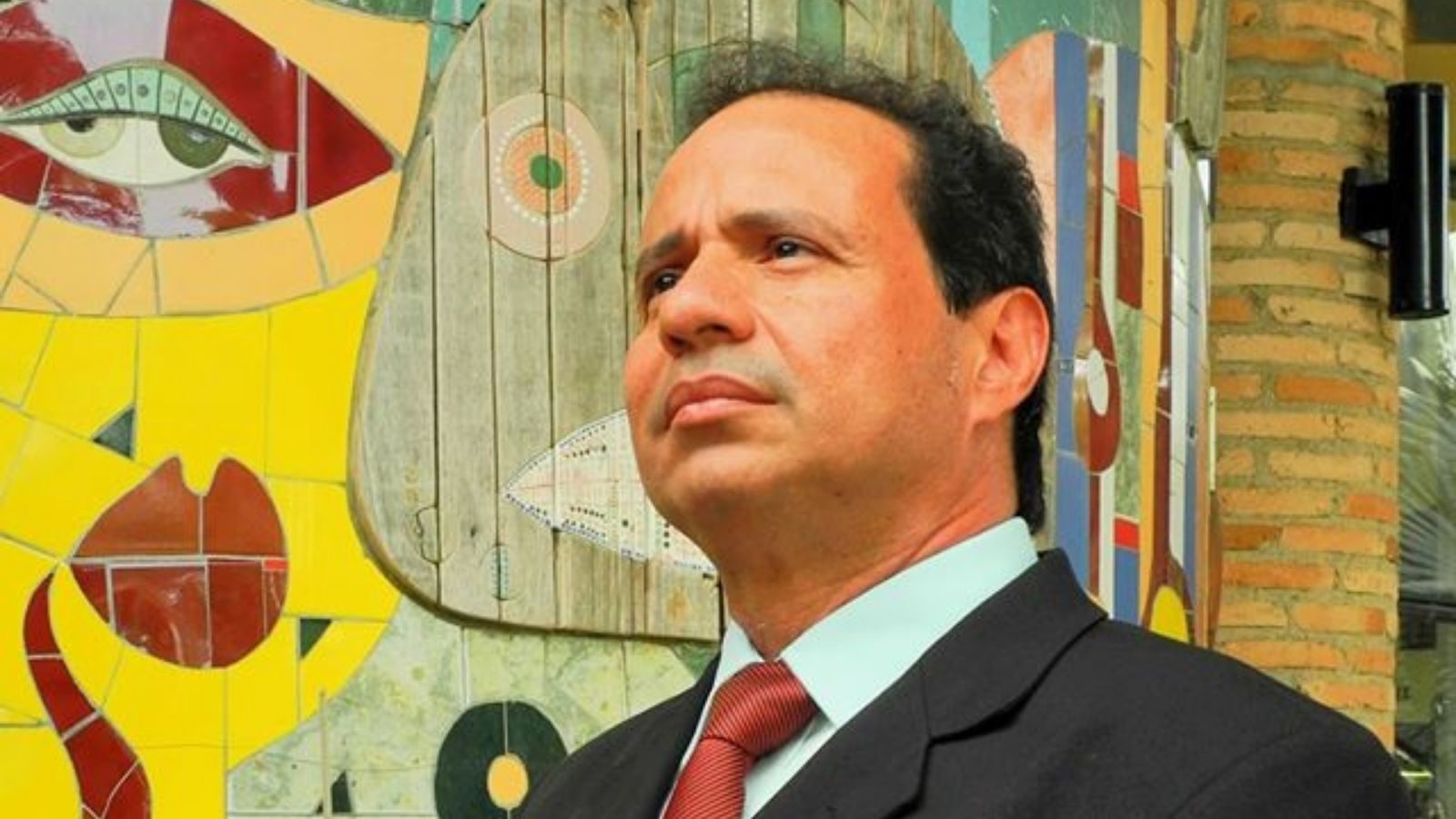
Celebrate Hispanic Heritage with us throughout the season…
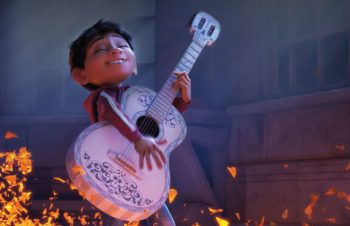
Coco – Live in Concert
Bring toda la familia to the beloved Oscar®-winning film, Coco! The animated favorite is reimagined with the DSO performing Michael Giacchino’s beautiful score live with multiple classical guitarists on stage, while the film is projected on the big screen at the Meyerson.
Buy Tickets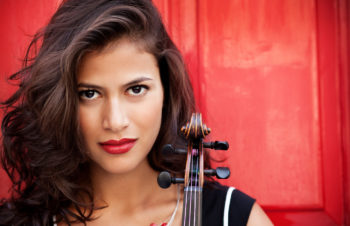
Ravel + Urioste
Black composer Samuel Coleridge-Taylor’s rhapsodic violin concerto features the young Mexican-American violinist Elena Urioste, whose lightness of tone and tenderness paired with just the right amount of charisma reveals the rhapsodic character of this concerto.
Buy Tickets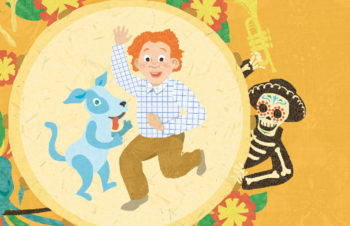
Presto, Mambo! The Music of Latin America | Family Concert
A concert about the music of the Americas takes an unexpected turn when Max – an energetic but impulsive young boy – makes his way onto the stage to “help” the orchestra.
Buy Tickets